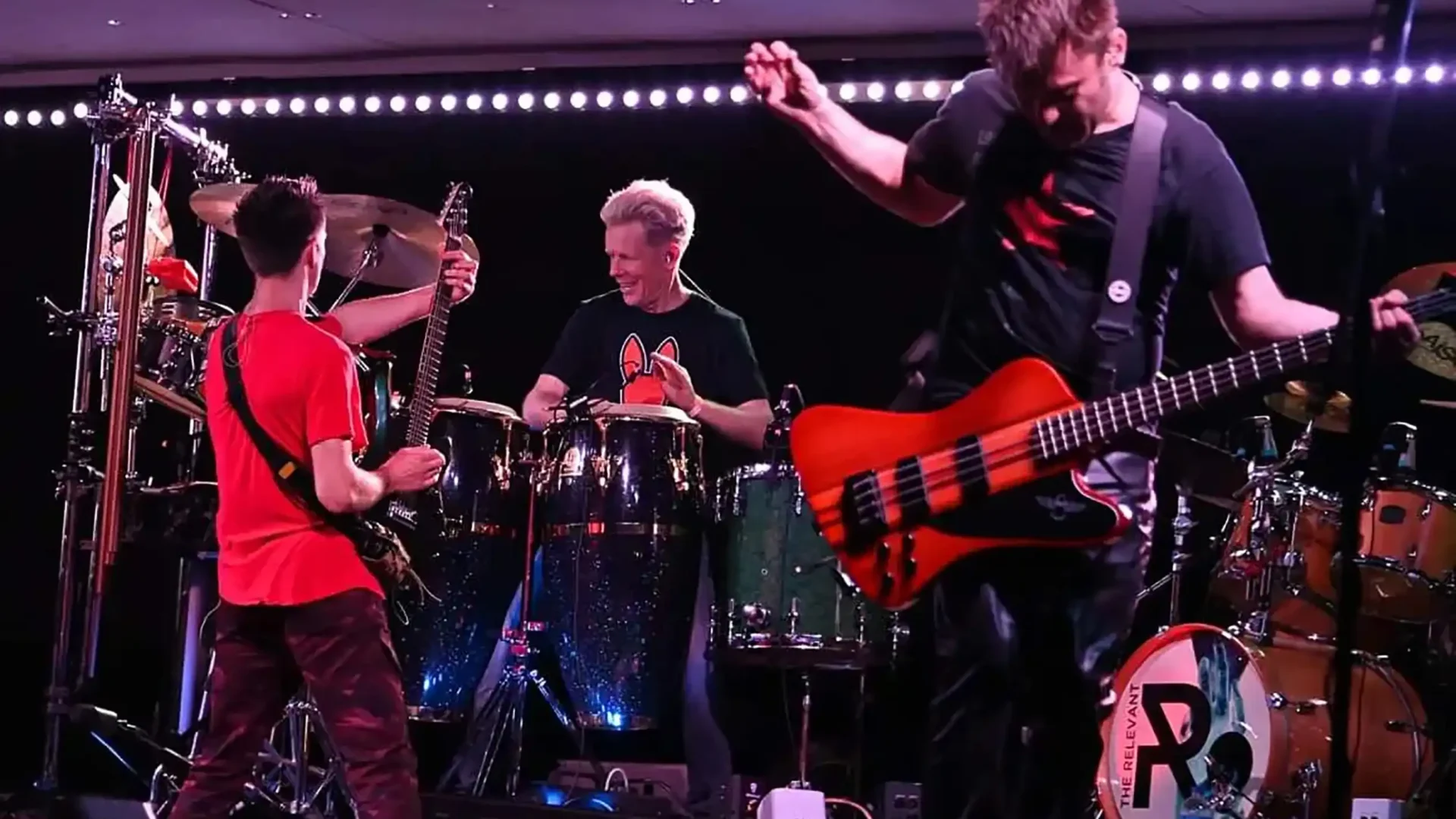In the ever-evolving landscape of the music industry, technology has undeniably played a pivotal role in shaping how we create, distribute, and consume music. However, this rapid technological advancement has also cast a shadow over the world of live music, leaving many musicians and enthusiasts yearning for the days when live performances were the heart and soul of the industry.
The advent of digital music platforms and streaming services has revolutionized the way we access and enjoy music. With just a few clicks, listeners can explore an endless library of songs from artists around the globe. While this accessibility is a boon for music lovers, it has also led to a decline in live music attendance. Why venture out to a concert when you can experience your favorite band’s performance from the comfort of your home?
One of the key reasons for the rise of DJ festivals is their accessibility. With a single DJ able to cover a wide range of music genres and styles, attendees can enjoy a diverse musical experience without the need for multiple bands or artists.
As we look to the future, it will be interesting to see how both types of festivals evolve and coexist in the ever-changing landscape of music entertainment.

